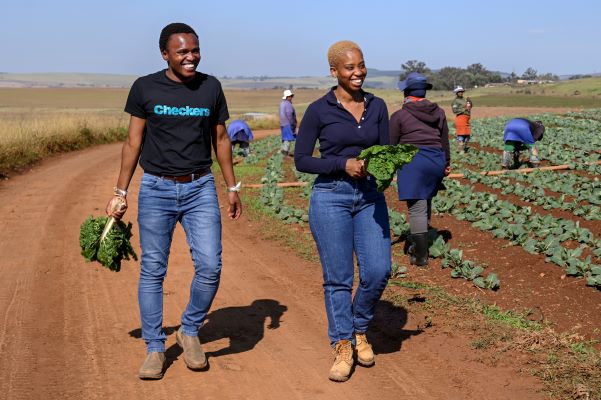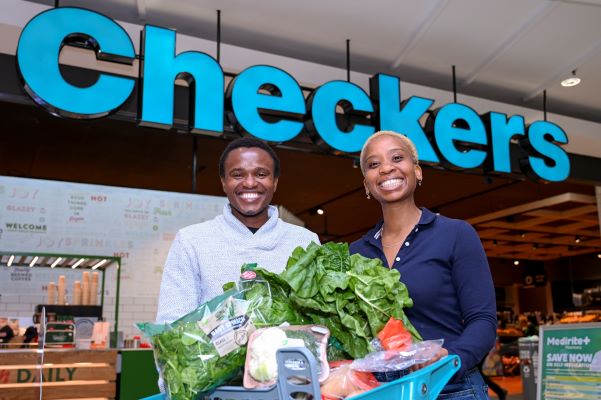Agrikool, a small agricultural business, is showing exponential growth after securing a deal with the Shoprite Group, delivering fresh produce worth over R3 million to the retailer in just over a year.
The Pietermaritzburg-based business solves challenges in the farming value chain, develops small to medium-scale local farmers, and sustains regional food security, by connecting buyers, growers, producers, and transporters of agricultural products. They have also developed an e-marketplace to connect these growers with consumers.
Founded by farmer and agricultural engineer Zamokuhle Thwala in 2018, who co-owns the business with agricultural scientist Palesa Motaung, AgriKool, trading as Gro-Agro (Pty) Ltd, currently works with over 22 farms in the KwaZulu-Natal Midlands and outlying areas. This ecosystem has created a local economy that’s boosted employment within the farming community and food security in the region.

Zamokuhle pounded the pavement in search of retail partners and reached out to Freshmark, the Shoprite Group’s fruit and vegetable procurement and distribution division.
“It was a true hustle, and it must have made an impression on someone because we got a meeting with Shoprite,” explains Motaung.
The Group placed its first order with the small business in December 2021 giving the farming entrepreneurs a much-needed foot in the door to supply formal retail in Kwa-Zulu Natal.
“This deal has helped our business achieve incredible growth in such a short space of time,” Motaung continues. “And when it comes to compliance, the Group is known for being very strict. They have taught us a lot about retail and how to handle our produce from farm to shelf.”
“The Group understands the key role we can play in the success of small suppliers like AgriKool through access to our large consumer market to grow their businesses and create much-needed jobs,” explains Maude Modise, GM: Enterprise & Supplier Development. “We launched Shoprite Next Capital last year specifically to assist small suppliers with compliance, working capital and training to ensure their businesses are commercially viable and sustainable in this tough economic climate.”








